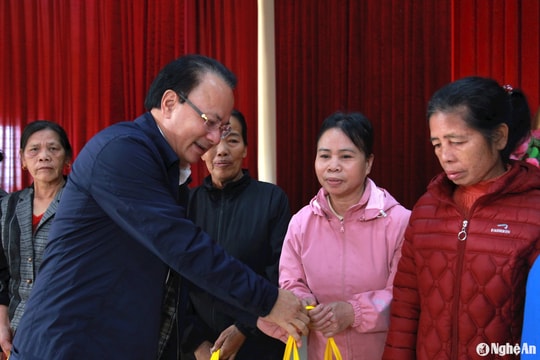Nguyen Truong Toand inspiration for renewal
More than 160 years ago, reformer Nguyen Truong To had innovative ideas, demonstrating a vision beyond the times and a deep patriotism. Although not implemented by the Nguyen Dynasty, those ideas became a source of inspiration for future generations.
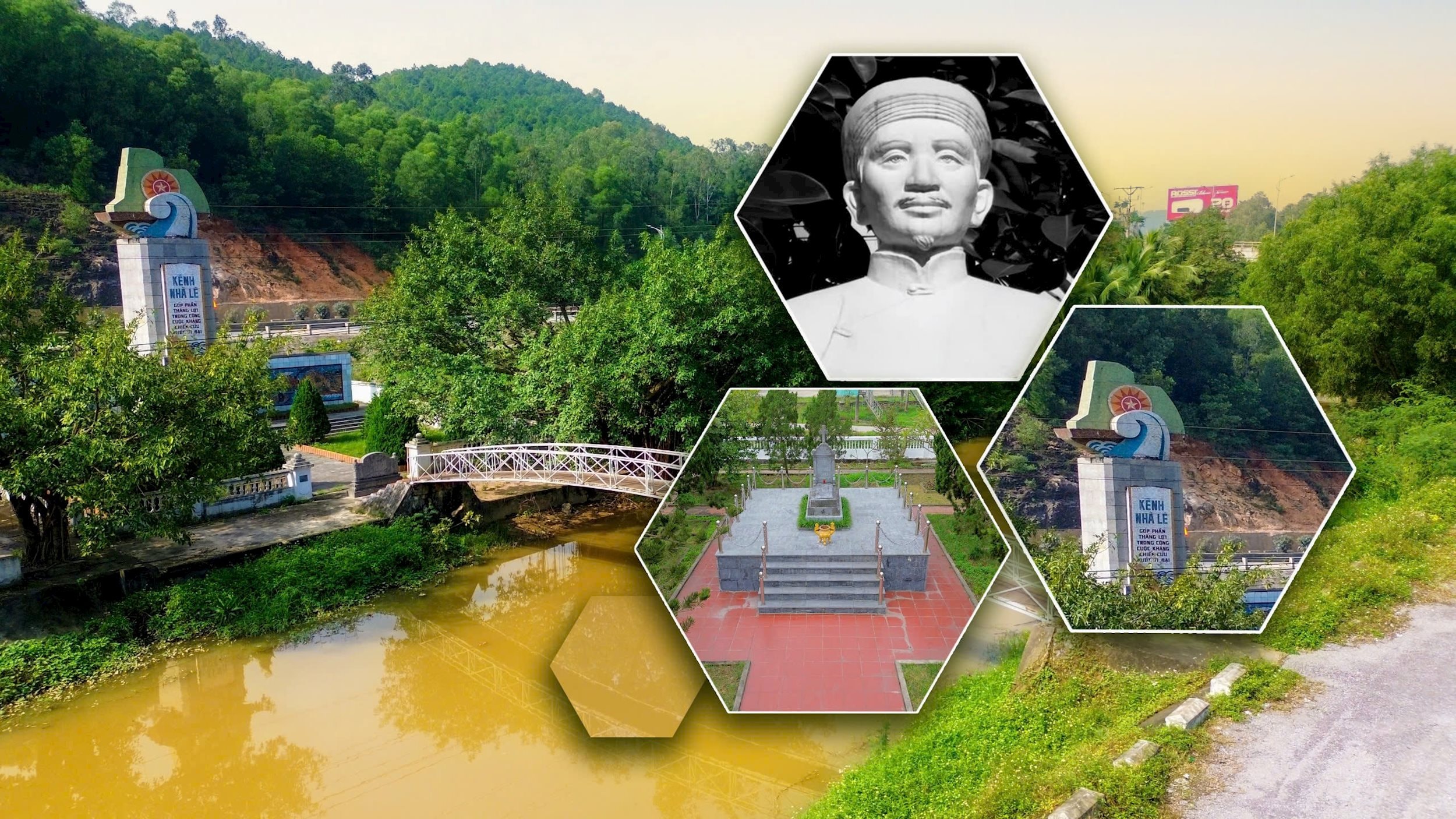
Great intellectual
From Vinh city, we followed the busy road 542E, through peaceful Catholic hamlets, to Bui Chu village (Hung Trung commune, Hung Nguyen district), the hometown of the country's reformer Nguyen Truong To. In the spring air, we felt a new vitality spreading, between the earth and sky and in every step of change of our homeland and country.
We met Mrs. Nguyen Thi Bang, born in 1945, the great-granddaughter of Mr. Nguyen Truong To. In the quiet space of the small, simple house, the story about her great-grandfather made Mrs. Bang calm down.
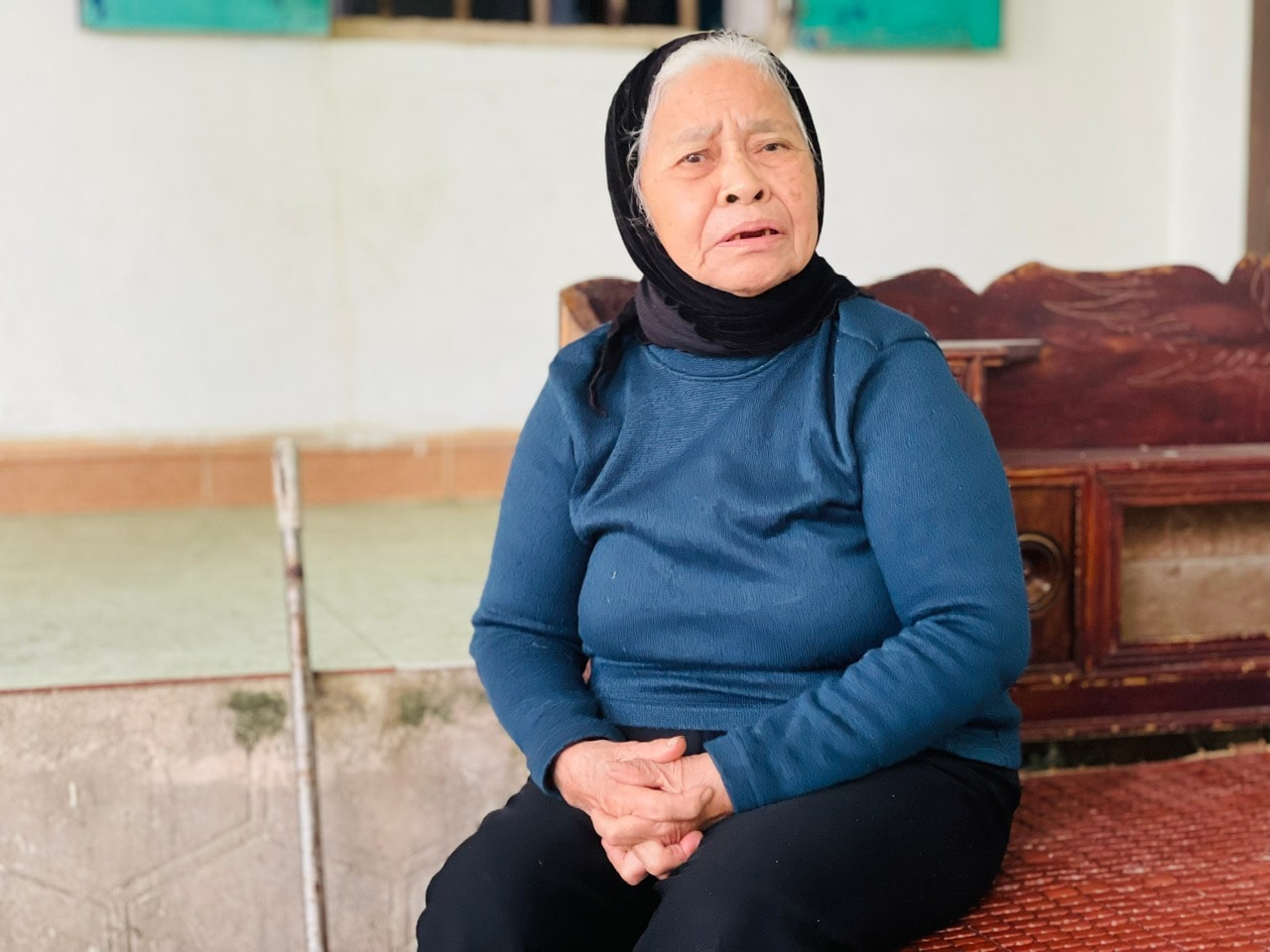
Mr. Nguyen Truong To was born in 1828 (some documents say it was written in 1830), in a Catholic family in Bui Chu village. Naturally intelligent, he was taught Chinese characters by his father from a young age. Later, he studied with famous teachers in the area. He had an extraordinary intelligence, remembering everything he learned, so many people called him Trang To.
Nguyen Truong To determined his own path in learning. He did not care about status or wealth. He studied to become a useful person, to use his intelligence to help the people and the country escape from poverty and backwardness; to unite religions and non-religious people, and join hands to build a strong country.
When he had acquired a profound knowledge of Chinese, not inferior to the scholars, he returned to his hometown to open a school. In 1855, he was invited by the French priest Gauthier (Ngo Gia Hau) to teach Chinese at Xa Doai Monastery. Here, he not only spread traditional knowledge but was also taught French and general sciences by Bishop Gauthier.
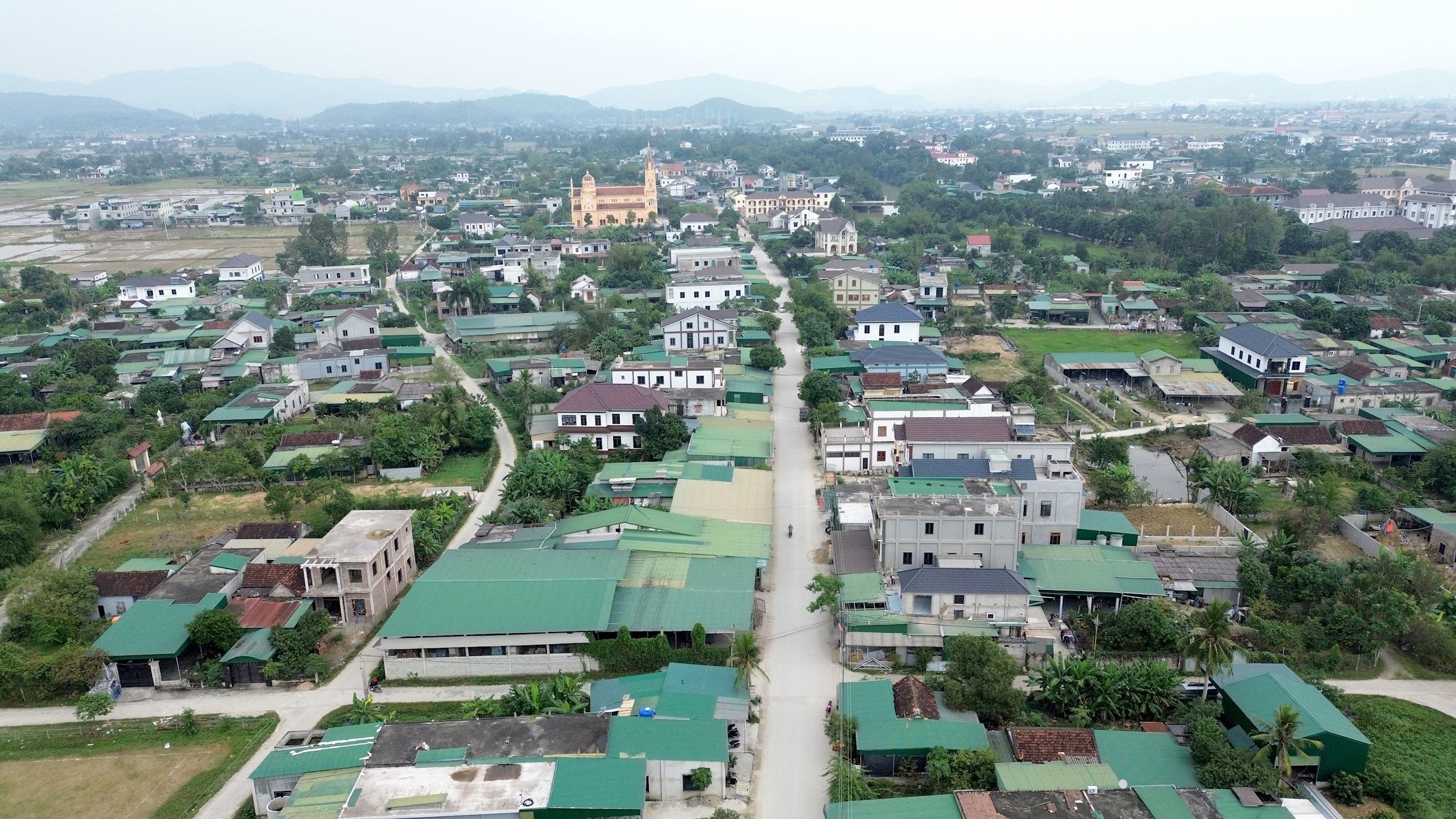
Thanks to the help of Bishop Gauthier, since 1859, Nguyen Truong To had the opportunity to travel to many countries around the world such as Singapore, Hong Kong, and some European countries. During this process, he diligently studied and absorbed knowledge such as philosophy, politics, economics, culture, national defense... and at the same time had practical connections to apply to our country.
After Nguyen Truong To returned to Saigon in 1861 - at this time the French colonialists had occupied Gia Dinh. In his role as an interpreter between the Hue court and the French, he had the desire to use his knowledge to help the court, open new reforms, make the people prosperous, the country strong, and maintain independence.
Cultural researcher Thai Huy Bich
In particular, while working as a Chinese translator for the French, he advised the court to temporarily make peace with France to recuperate and consolidate its forces. Unfortunately, the Nguyen Dynasty hesitated, not making peace, and not daring to fight. The French colonialists took advantage of the opportunity to expand and expand their occupied areas. Faced with this situation, in early 1862, Nguyen Truong To asked to stop working as a translator and devoted himself to writing memorials and presenting strategies to the court.
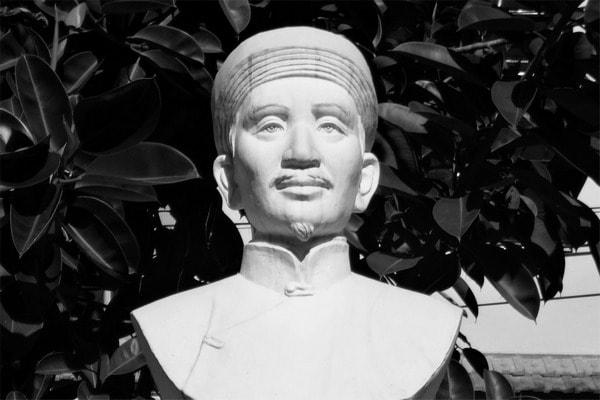
Aspiration for innovation
From the beginning of 1861 to the end of 1871, Nguyen Truong To sent to the Hue court about 60 memorials and petitions, presenting many strategic recommendations to reform the country to be strong and rich. Among them were three famous petitions, "Te Cap Luan", "Giao Mon Luan" and "Thien Ha Phan Hop Dai The Luan", written in 1863, presenting important reform proposals on politics, internal affairs, economic development, educational innovation, application of science and technology, and building a modern military defense system...
Nguyen Truong To clearly realized that, to escape the situation of being overwhelmed by Western countries, Vietnam needed to quickly modernize, be self-reliant, and self-reliant. He suggested that the court streamline the government apparatus to save public funds, and clearly define the job functions of each type of official so as to avoid having many people receiving salaries but not knowing what to do.
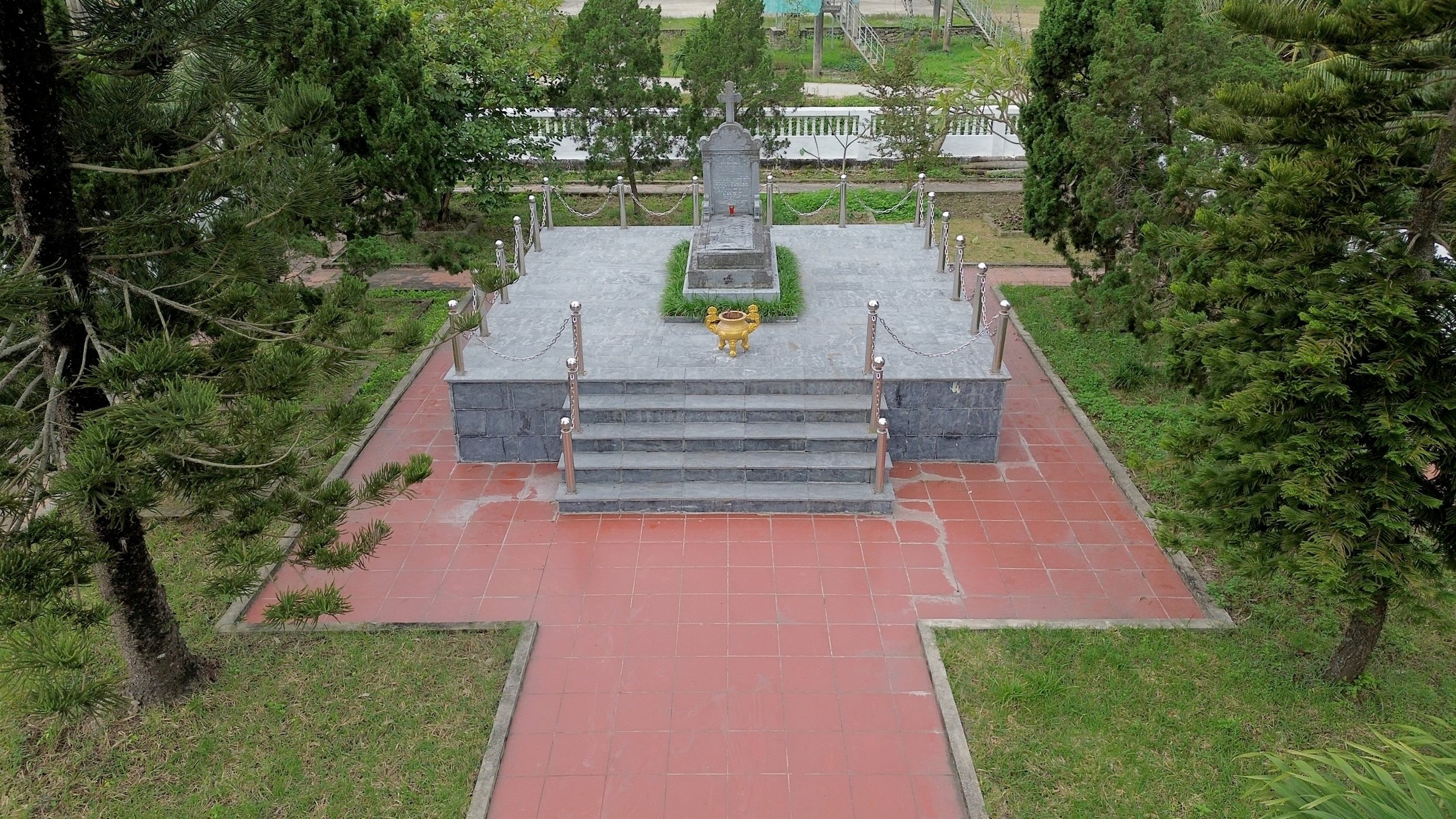
In terms of economy, he proposed to revive "agriculture, industry, and commerce" to make the people rich and the country prosperous, through concrete actions such as: organizing land reclamation, protecting forests, establishing trains to sell agricultural products, sending people to explore resources, exploit mines, establish technological production facilities and train technicians... He advised the court to expand international trade, encourage industry, reform administration and put into use advanced scientific and technological achievements. He also proposed sending excellent students to study abroad so that they could return to serve the country later.
Regarding diplomacy, Nguyen Truong To advocated a soft relationship with France but not "French goods". And not only with France but also had to establish diplomatic relations with many other countries such as England, Spain... Had to know how to take advantage of the conflicts between these countries to benefit himself. Had to train interpreters who were good at their jobs and foreign languages...
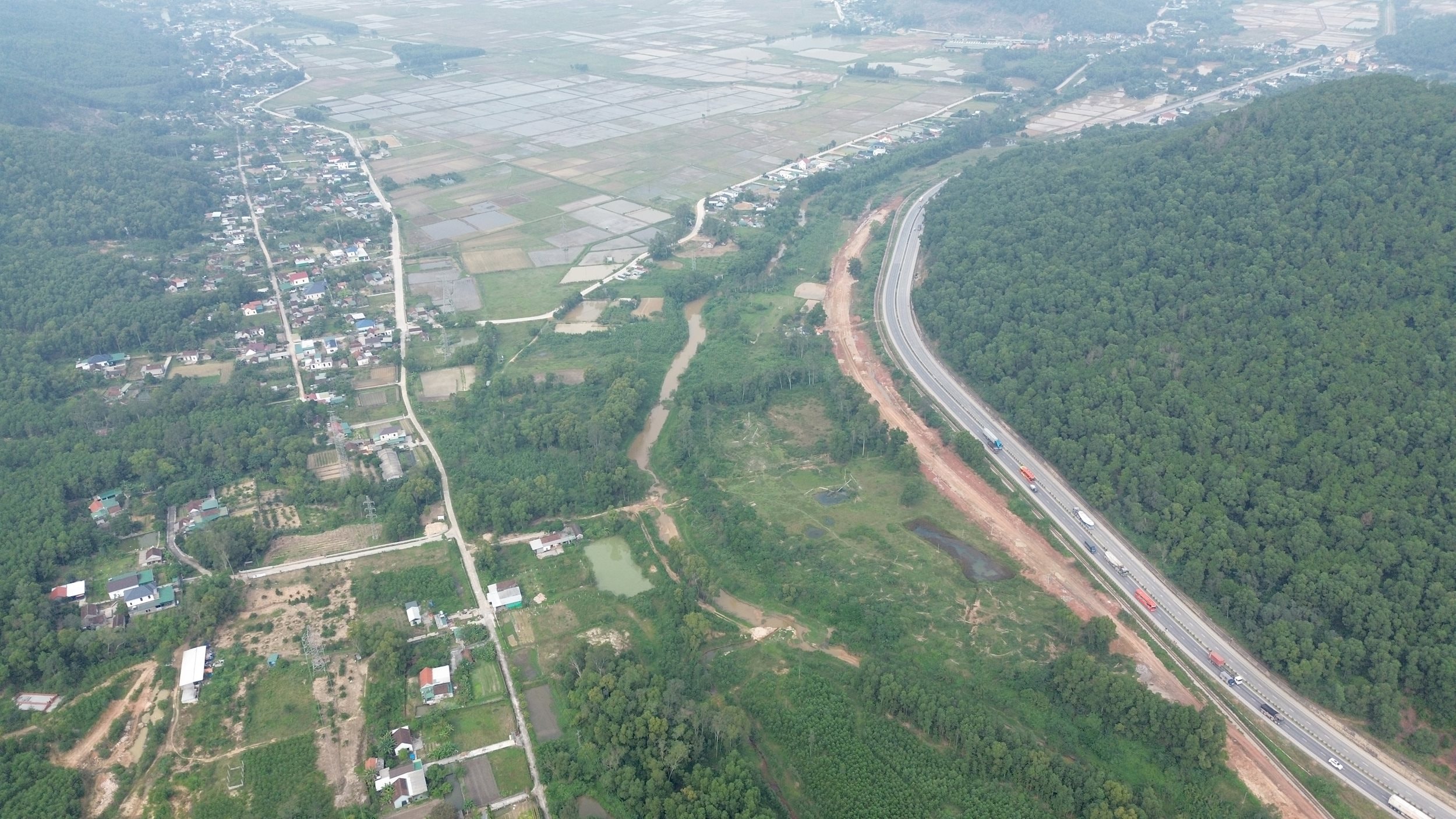
Regarding national defense, Nguyen Truong To on one hand advised the court to make temporary peace and concessions with France; on the other hand, proposed to urgently repair military equipment, produce and purchase weapons, draft new military books and train in modern fighting methods, build forts, and besiege citadels to protect the country...
Nguyen Truong To's reform ideas were very progressive and enthusiastic, but they were not accepted by the Nguyen Dynasty and King Tu Duc. Conservatism and fear of losing power were the main reasons why his proposals were rejected. The Hue court still maintained a traditional mindset and did not want to face the great changes proposed by Nguyen Truong To.
Nguyen Truong To repeatedly expressed his disappointment at the court's indifference. He believed that if Vietnam did not reform in time, the country would lose its sovereignty and become dependent on colonialism. Those warnings, unfortunately, became reality when Vietnam gradually fell under the complete domination of French colonialism.



Also according to researcher Thai Huy Bich: The desire for reform gave him a strong will and extraordinary patience. His heartfelt memorials were sent without any response, but he still continued to diligently write one memorial after another.
Besides submitting reform petitions, Nguyen Truong To also participated in the construction of large projects, and was considered a great architect, although he did not have an architectural degree. In September 1862, he helped build the St. Paul monastery in Saigon. During his time back home in early 1866, he helped Nghe An Governor Hoang Ta Viem design and direct the digging of the Iron Canal connecting Dien Chau and Nghi Loc districts. He also participated in the design and construction of Xa Doai communal house, an important religious building in his hometown.
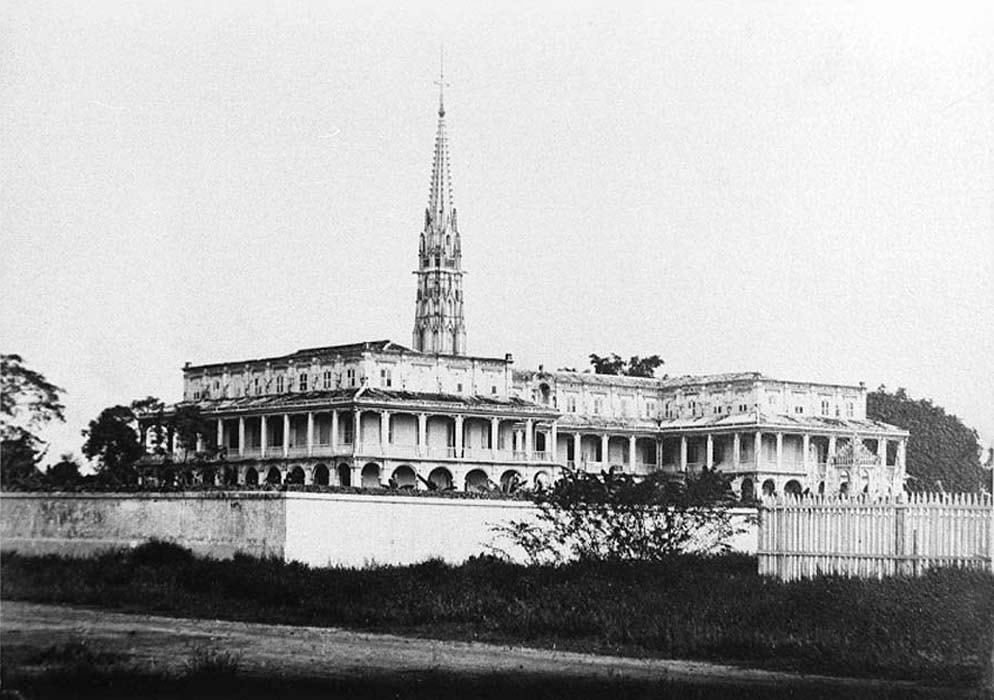
Nguyen Truong To died suddenly in 1871 in his hometown. Although his life was short, his reformist ideas and example left a great impact on Vietnamese history.
More than 150 years since Nguyen Truong To's death, his legacy has left behind a great lesson for posterity on nurturing and utilizing talented people. He is also considered the pioneer of the reform movement, awakening the nation in the turbulent late 19th century. Although he was not successful in convincing the court, his ideas and visions are still respected and highly appreciated by later generations...

.jpg)
.jpg)
.jpg)
